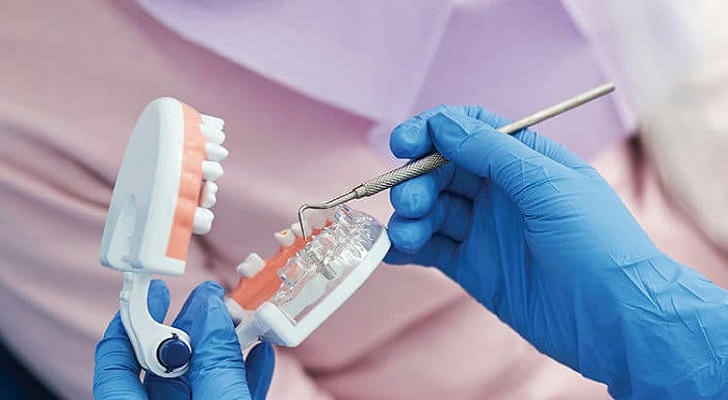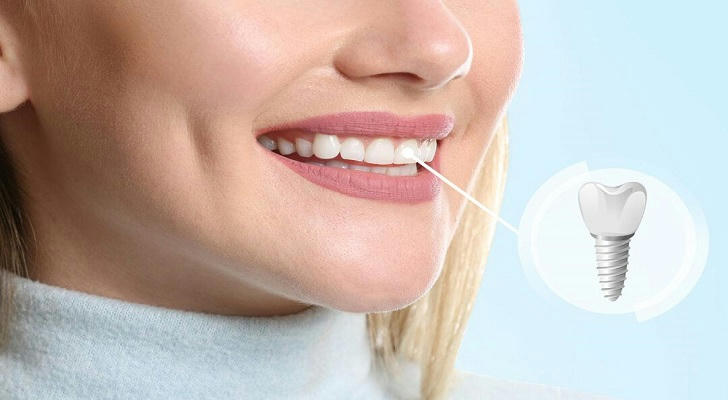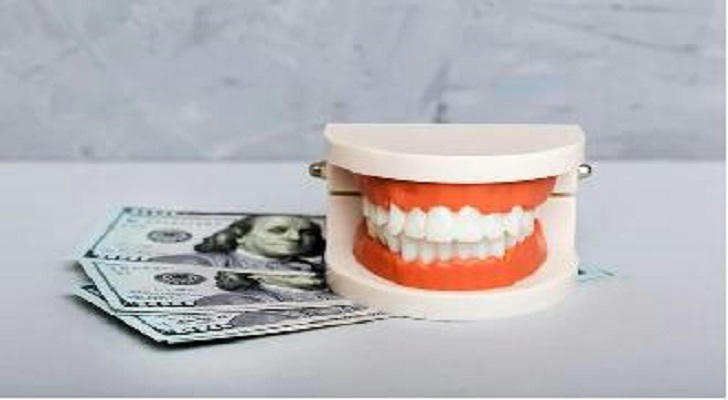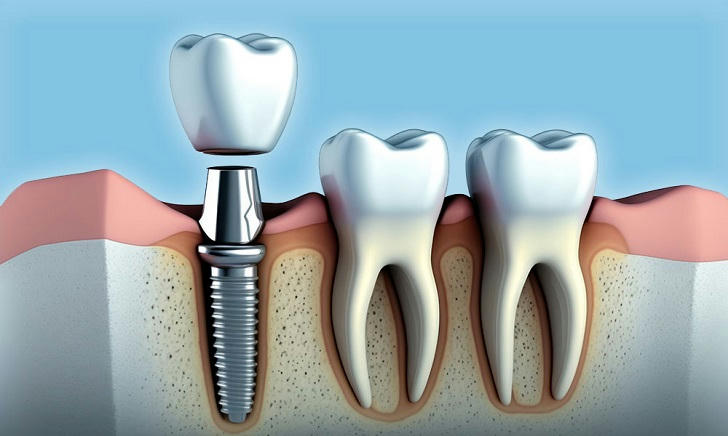Common Myths About Implant Teeth Debunked

Implanted teeth offer significant benefits beyond aesthetics, including restored functionality, stability, and prevention of jawbone loss. Theyenhance oral health by preserving adjacent teeth and are gaining popularity, with the market projected to grow from $4.5 billion in 2022 to $7.5 billion by 2027. This article dispels common myths about implants:
Myth #1: Implant Teeth Look Fake
Modern dental implants are crafted from advanced materials like ceramic and titanium, which closely resemble natural teeth. The customization of implant crowns ensures they match the color, shape, and translucency of your existing teeth, providing a natural and seamless appearance.
Myth #2: Implant Teeth are Too Painful
Thanks to advancements in dental technology and anesthesia, the discomfort associated with implants is minimal. Local anesthesia numbs the treatment area effectively, and sedation options help alleviate anxiety. Post-surgery pain is typically managed with over-the-counter medications, with many patients reporting minimal discomfort and a quick recovery.

Myth #3: Implant Teeth Require Special Maintenance
Implants are designed to be cared for just like natural teeth. This means regular brushing, flossing, and dental check-ups are all that's neede-no special cleaning solutions required. Once the implant integrates with the jawbone, it functions like a natural tooth, requiring less frequent adjustments compared to traditional prosthetics.
Myth #4: Implant Teeth Can Easily Fall Out
Dental implants have a high success rate and durability due to the osseointegration process, where the implant fuses with the jawbone. This creates a stable foundation that mimics the natural tooth root, ensuring that the implant stays securely in place and can withstand normal biting and chewing forces.
Myth #5: Implant Teeth are Not Affordable

While the initial cost of dental implants might seem high, affordability has improved with financing options and payment plans. When considering their long-term benefits��such as durability and reduced need for replacements��implants often prove to be a cost-effective investment in your oral health.
Myth #6: Implant Teeth Are Only for Older Adults

Dental implants are suitable for individuals of various ages, provided they have good oral health and sufficient bone maturity. Young adults who have lost teeth due to trauma or congenital issues can also benefit from implants, making them a versatile option across different age groups.
Real-Life Cases
Case 1: John, 58, Denver, Colorado
John lost a molar in an accident and opted for a dental implant. The process involved inserting a titanium post into his jawbone, followed by the attachment of a crown after the healing period. John was extremely pleased with the result, finding that his new tooth looked and felt natural. It restored his ability to eat his favorite foods comfortably.
Case 2: Emily, 45, Miami, Florida
Emily required an implant after having a severely decayed tooth extracted. The procedure involved placing a metal post into her jawbone and fitting a custom-made crown once healing was complete. Emily was delighted with the outcome, noting significant improvements in her appearance and functionality, which made speaking and eating much easier.
Case 3: Michael, 62, Seattle, Washington
Michael lost a front tooth due to a fall and decided to get a dental implant to restore his smile. The procedure included placing a titanium post in his jawbone, followed by a custom-made crown after a few months of healing. Michael was very satisfied with the result, noting that the implant blended seamlessly with his natural teeth and improved his confidence. He appreciated the enhanced ability to smile and speak without feeling self-conscious.
Case 4: Sarah, 38, Austin, Texas
Sarah had a tooth removed due to a severe infection and chose a dental implant for replacement. The process involved surgically placing a small metal post into her jawbone and then attaching a specially designed crown once the area had healed. Sarah was thrilled with the outcome, as the implant restored her ability to chew and speak comfortably, and the tooth looked completely natural among her other teeth.Essential Advice for Dental Implants
Essential Advice for Dental Implants
When selecting a dental implant dentist, ensure they have verified credentials, significant experience, and positive patient reviews, and that they use up-to-date technology. Before surgery, complete a medical check-up, follow pre-surgery instructions, disclose all medications, arrange transportation, and maintain good oral hygiene. After the surgery, adhere to care instructions, manage pain as advised, keep the area clean, avoid hard foods, watch for complications, and attend follow-up appointments to ensure a successful outcome.
